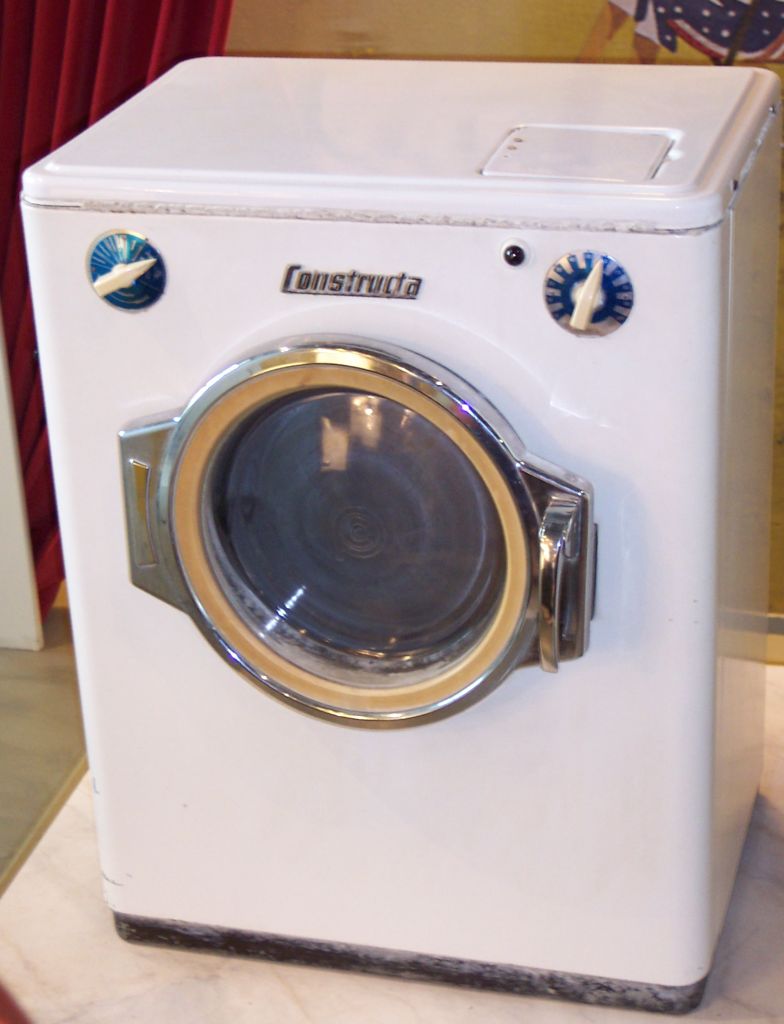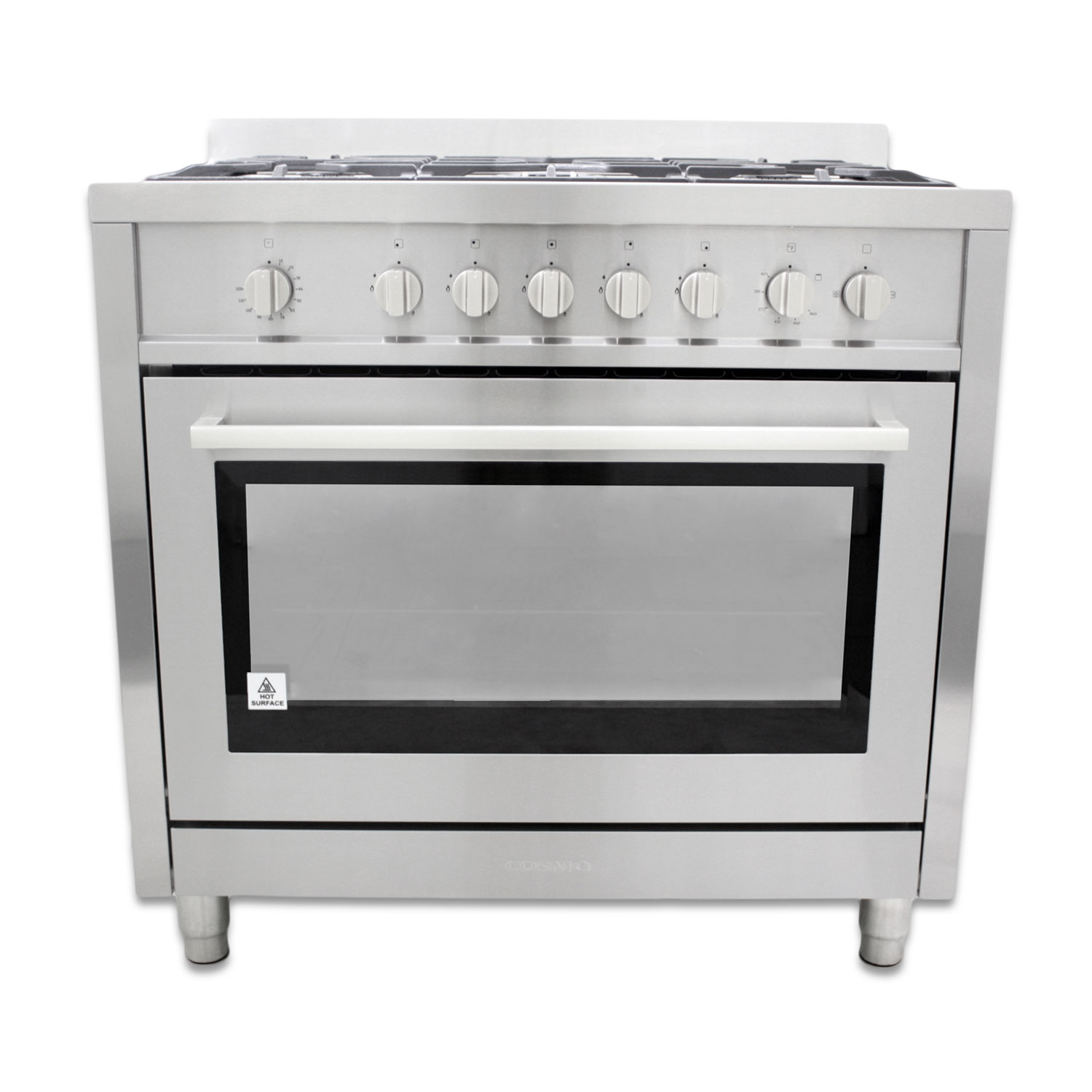|
Constructa (company)
Constructa is a German brand from the company ''Constructa-Neff, Constructa-Neff Vertriebs-GmbH'', making major appliances based in Munich. The company is a part of BSH Hausgeräte. At the beginning of the 1950s, the first German household washing machine with a glazed front door (the "porthole") was developed under this name and launched on the market. Constructa was in the 1950s and 1960s the leading German provider of fully automatic washing machines. Sources *''Die Quecke Ratinger und Angerländer Heimatblätter'' 1998 page 168 ff. * Susanne Hilger: ''«Amerikanisierung» deutscher Unternehmen: Wettbewerbsstrategien und Unternehmenspolitik bei Henkel, Siemens und Daimler-Benz (1945/49–1975)''. Wiesbaden: Franz Steiner Verlag, 2004, page 138 ff. External links Official site {{Home appliance brands Manufacturing companies of Germany ... [...More Info...] [...Related Items...] OR: [Wikipedia] [Google] [Baidu] |
BSH Hausgeräte
BSH Hausgeräte GmbH (; stylized as B/S/H/) is the largest manufacturer of home appliances in Europe and one of the leading companies in the sector worldwide. The group stemmed from a joint venture A joint venture (JV) is a business entity created by two or more parties, generally characterized by shared ownership, shared returns and risks, and shared governance. Companies typically pursue joint ventures for one of four reasons: to acce ... set up in May 1967 between Robert Bosch GmbH (Stuttgart) and Siemens AG (Munich), and it posted annual sales of 15.3 billion euros in the year 2024. BSH is an acronym for . Today, BSH operates some 40 factories in Europe, the US, Latin America and Asia. Together with a global network of sales, production, and service companies, the BSH conglomerate today is made up of about 80 companies in 50 countries, with a total workforce of about 57,000 people. In September 2014, Robert Bosch GmbH agreed to purchase Siemens' 50% stake in the joi ... [...More Info...] [...Related Items...] OR: [Wikipedia] [Google] [Baidu] |
Constructa-Neff
Constructa-Neff Vertriebs-GmbH (formerly ''Neff GmbH'', stylized as NEFF in its logo) is a German manufacturer of high-end kitchen appliances headquartered in Munich, Germany. The company was founded by Carl Andreas Neff in 1877 and has been a wholly owned subsidiary of BSH Hausgeräte GmbH since 1982. History Formation It was founded as a small family company in Bretten, Baden-Württemberg, Germany, on 12 June 1877 by Carl Andreas Neff. It was first known as Carl Neff Herd und Ofenfabrik (stove and oven factory). In 1914 the company first made a gas oven. In 1950, they introduced their first oven with a thermostat. By 1955, they were making appliances in different colours, to suit a bespoke fitted kitchen. The company had the slogan ''im Haus - der Zeit voraus'' (in the house - ahead of time). Innovations In 1957, it introduced the first microwave oven. In 1957, it introduced the first induction cooker (hob) in Europe, marketing it under the revolutionary slogan of ''Koc ... [...More Info...] [...Related Items...] OR: [Wikipedia] [Google] [Baidu] |
Major Appliance
A major appliance is a non-portable or semi-portable machine used for routine housekeeping tasks such as cooking, washing laundry, or food preservation. Such appliances are sometimes collectively known as white goods, as the products were traditionally white in color, although a variety of colors are now available. An appliance is different from a plumbing fixture because it uses electricity or fuel. Major appliances differ from small appliances because they are bigger and not portable. They are often considered fixtures and part of real estate and as such they are often supplied to tenants as part of otherwise unfurnished rental properties. Major appliances may have special electrical connections, connections to gas supplies, or special plumbing and ventilation arrangements that may be permanently connected to the appliance. This limits where they can be placed in a home. Since major appliances in a home consume a significant amount of energy, they have become the objective ... [...More Info...] [...Related Items...] OR: [Wikipedia] [Google] [Baidu] |
Munich
Munich is the capital and most populous city of Bavaria, Germany. As of 30 November 2024, its population was 1,604,384, making it the third-largest city in Germany after Berlin and Hamburg. Munich is the largest city in Germany that is not a state of its own. It ranks as the 11th-largest city in the European Union. The metropolitan area has around 3 million inhabitants, and the broader Munich Metropolitan Region is home to about 6.2 million people. It is the List of EU metropolitan regions by GDP#2021 ranking of top four German metropolitan regions, third largest metropolitan region by GDP in the European Union. Munich is located on the river Isar north of the Alps. It is the seat of the Upper Bavaria, Upper Bavarian administrative region. With 4,500 people per km2, Munich is Germany's most densely populated municipality. It is also the second-largest city in the Bavarian language, Bavarian dialect area after Vienna. The first record of Munich dates to 1158. The city ha ... [...More Info...] [...Related Items...] OR: [Wikipedia] [Google] [Baidu] |
Washing Machine
A washing machine (laundry machine, clothes washer, washer, or simply wash) is a machine designed to laundry, launder clothing. The term is mostly applied to machines that use water. Other ways of doing laundry include dry cleaning (which uses alternative cleaning fluids and is performed by specialist businesses) and ultrasonic cleaning. Modern-day home appliances use electric power to automatically clean clothes. The user adds laundry detergent, which is sold in liquid, powder, or dehydrated sheet form, to the wash water. The machines are also found in commercial laundromats where customers pay-per-use. History Washing by hand Laundering by hand involves soaking, beating, scrubbing, and rinsing dirty textiles. Before indoor plumbing, it was necessary to carry all the water used for washing, boiling, and rinsing the laundry from a pump, Water well, well, or Spring (hydrology), spring. Water for the laundry would be hand-carried, heated on a fire for washing, and then poured i ... [...More Info...] [...Related Items...] OR: [Wikipedia] [Google] [Baidu] |



